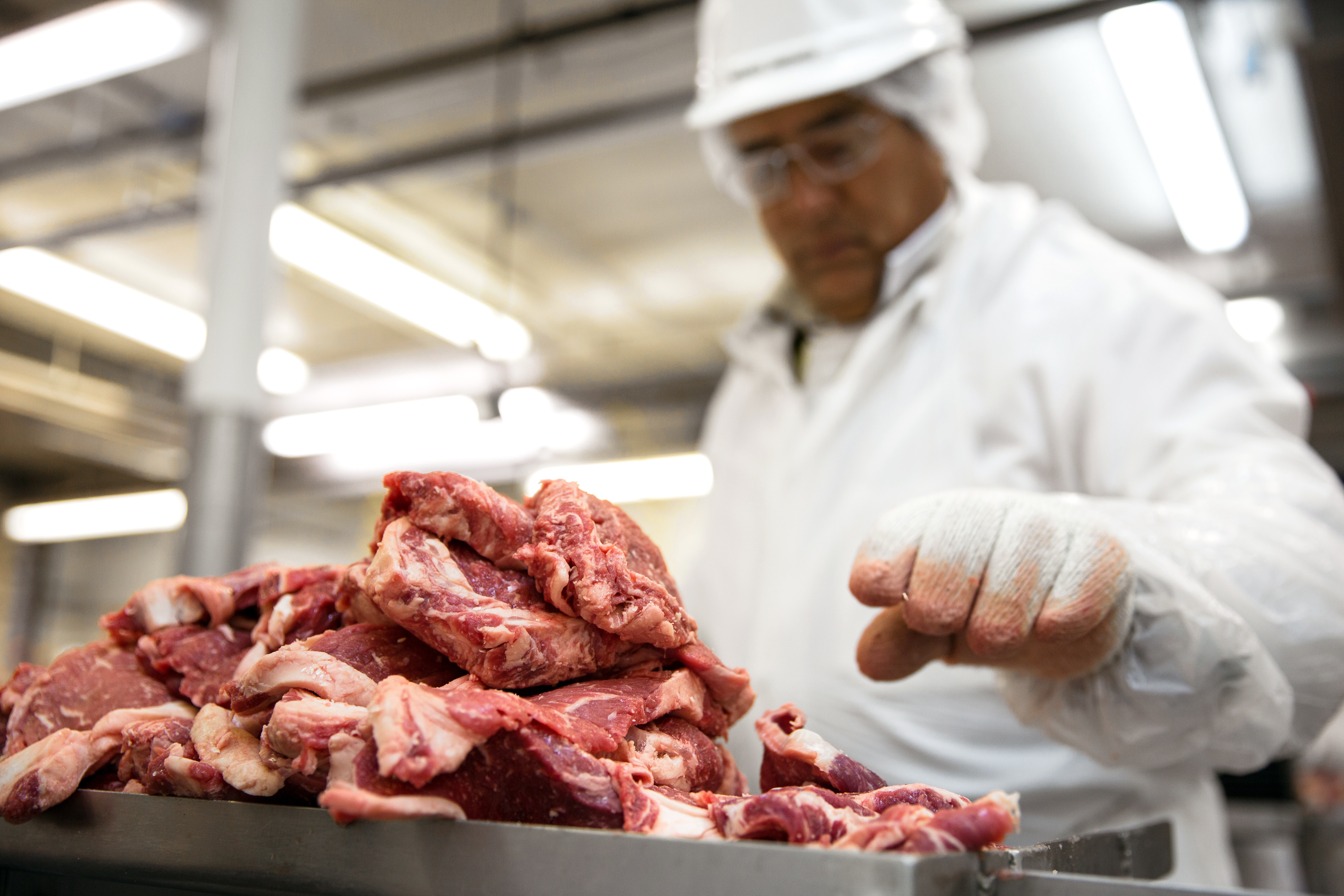There are a lot of myths and misconceptions around migration and the way it influences the economy, but recent studies have shown the positive impact that migrants make in the new societies they call home. In fact, young, hardworking migrants have always been one of Australia’s biggest economic assets.
Recent changes in Australia’s migration program have included the shift to a greater emphasis on skills, which will further enhance their positive impact on the local economy. Here are just a few examples:
Higher labour force participation
Migrants lift the three "Ps" of high economic growth - population, participation and productivity. The influx of migrant workers means that job vacancies and skills gaps can be filled; boosting domestic production, allowing us to create economies of scale and giving us more global economic clout. The data is clear - migrants are more likely to be working, increasing the pool of human capital.
An antidote to our ageing population
It’s no secret that a demographic crisis is looming, as the baby boomers head into retirement and old age. It is going to be a costly proposition, and the pension gap can be filled by the contributions of new young workers as they contribute to the taxation base. Migration also means that services to an ageing population can be maintained when there are insufficient young people locally.
New energy and innovation
Migrant workers bring new energy and ideas with them, and this translates to dynamic innovation in business and the development of new technology. New migrants to Australia are often grateful to be able to start a new life in our country, and wish to make the most of the opportunities available to them here: many pay that back by working hard and contributing in a positive way.
Host country enriched by cultural diversity
Migration creates a melting pot of cultural diversity, and this has enriched Australia in many tangible ways. The food industry in particular has been boosted by migration and migrant workers, and this is shown in our love of multicultural food and the diversity of cuisines that are readily available here – from the local kebab shop right up to gourmet fusion restaurants.
With a rapidly ageing population, migration can help boost our domestic economy by stimulating labour participation rates and productivity. The food industry in particular has benefited from multiculturalism, and has a significant role to play in embracing migration and encouraging diversity within our workplaces.






